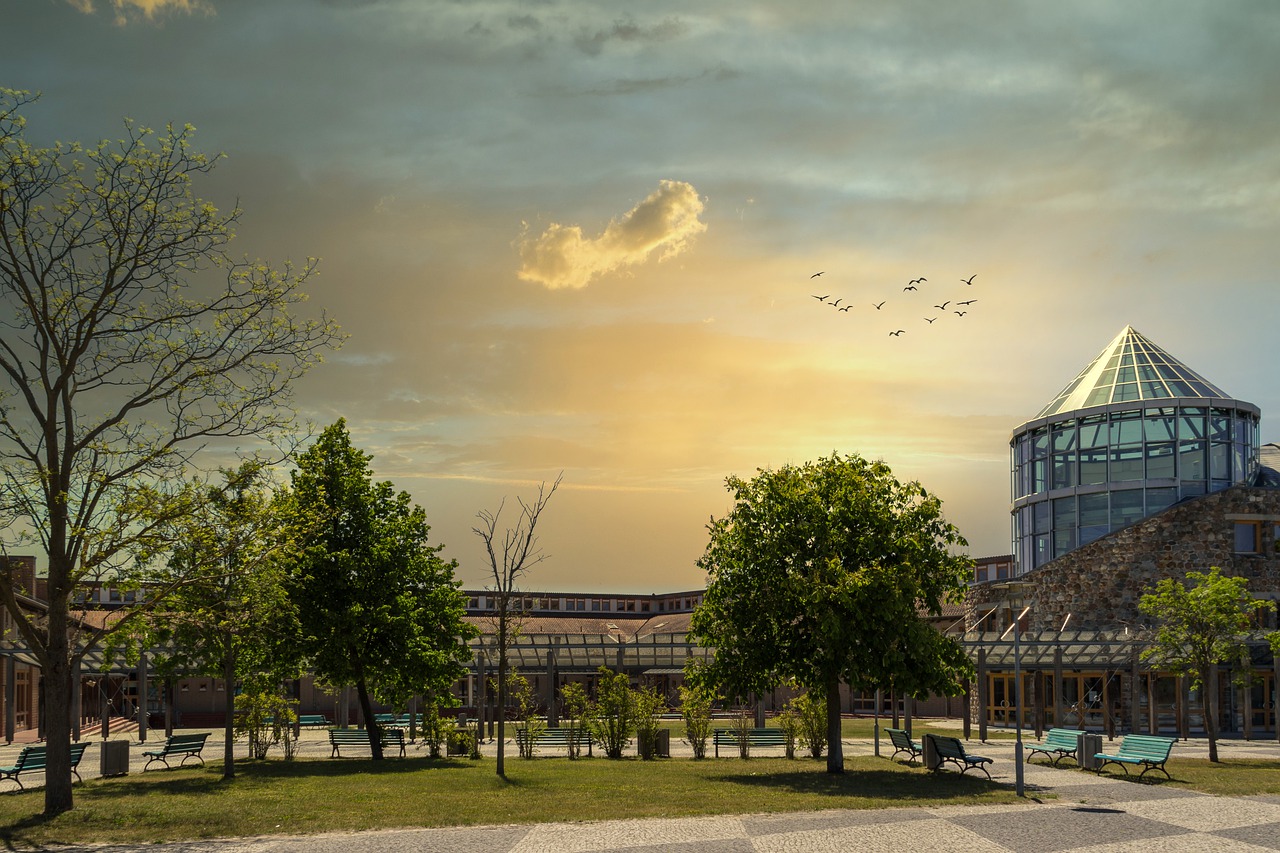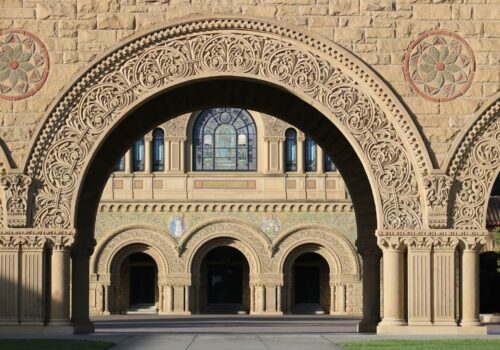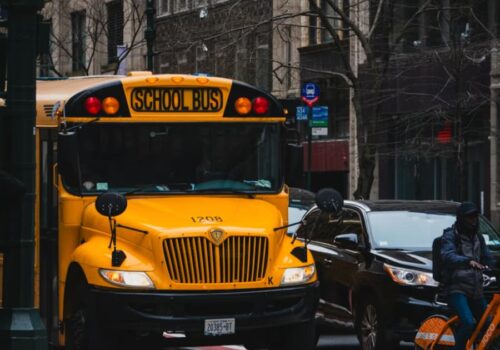High School
As previously mentioned, high school in American institutions involves two stages. The second stage is usually called high school, although it is more correct to call it the second stage of high school. Young Americans become high school seniors at age 14, and they graduate at about 17-19. This time is characterized by a special freedom of choice and self-expression of students. Teenagers are not forbidden to actively attend sections, even if he devotes more time to them than to general subjects. As for the disciplines themselves, students are free to choose the focus of their studies and make their own schedule. The main thing is that during the high school student passed:
- chemistry, biology, and physics – at least one year in each discipline;
- History and Social Science – at least two to four years in total;
- mathematics – at least three years;
- physical education – at least two years;
- foreign languages – two to four years;
- literature – four years.
The choice of foundational disciplines usually depends on the requirements of the university where the high school student plans to enter. Almost every field of study requires that applicants be pre-trained in certain areas.
Some feature of the American educational system can be called local rules of estimation. Their meaning is that grades are given by letters (A, B, C, D, F). All grades, except for the worst one, can be complemented by minus or plus.
Traditionally schools in America are of higher quality in wealthier neighborhoods, because property taxes are deducted from local residents’ property taxes to maintain schools. Perhaps this is why parents who want to send their children to a good school first look for a good place to live.
Separate consideration should be given to institutions such as schools for gifted children. They usually have a particular focus: music, dance, sports and so on. Only those children who have been able to stand out in some way from the background of others come here. Usually such schools prepare young Americans to enter institutions of higher education in the appropriate specialty areas. Prodigies are given more challenging assignments, both schoolwork and homework. They master the program more quickly than their peers from regular groups.




